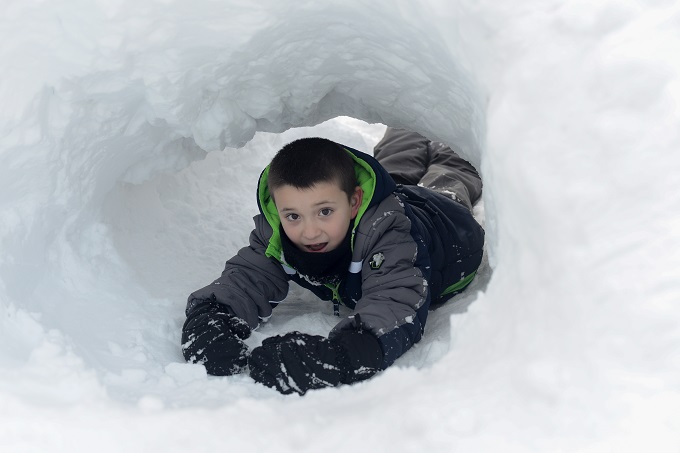
Biologist Associate Professor Ken Ryan, Victoria University of Wellington, studies the microorganisms that live on the underside of Antarctic sea ice, the first link in a complex coastal food chain.
“These microorganisms form the basic food supply for Antarctic coastal food-webs. Zooplankton graze on this under-ice hay barn and they, in turn, form an essential food supply that fuels marine fauna including fish, penguins and whales” he says.
Primary school children from all around New Zealand will be able to learn about the work undertaken by Ryan’s team and gain an understanding of how fragile the Antarctic ecosystem is and how climate change could affect its viability.
Shelley Hershey, Field Trip Teacher, LearNZ, sees their partnership with Antarctica New Zealand as essential to engaging students with Antarctic science.
“Students are able to go on a virtual field trip to Antarctica to see scientists at work. This year they will see scientists drilling through the sea ice to set up instruments to monitor sea ice microbial communities and will be able to interact with the scientists live online” she says.
Current warming scenarios in the region predict that up to 30 percent of current sea ice coverage will be lost by the end of the century. Reduced ice thickness and increased snow cover could result in changes to the food web in ways that are difficult to predict.
Ryan’s team will use a hyperspectral camera on a moveable sled under the ice. It will track the abundance and composition of microbial species under the sea-ice at a much larger scale than previous studies. State-of-the-art biological sensors will also be tested on small ice core samples.
“Together these instruments will allow a large scale understanding of the distribution and cell health of these primary producers and provide baseline data against which future changes in the ecosystem structure and function can be measured” says Assoc. Prof. Ryan.
Antarctica New Zealand General Manager Communications Megan Martin, says Antarctica New Zealand has partnered with LearNZ for many years.
“Our education and outreach programmes are key to inspiring people to connect with Antarctica. Through our partnership with LearNZ, we have reached many thousands of New Zealand children and helped introduce them to Antarctica and why the continent needs protection” she says.
The Antarctic field trip will takes place this week and is supported by the Ministry of Education and Antarctica New Zealand. Log onto the virtual Antarctic field trips at: http://www.learnz.org.nz/
A new report from the University of Auckland’s Our Voices Project asks young people what…
The government has opened a tender for new standardised assessment tests, leaving educators shocked and…
Early in her career, Kiri Turketo found inspiration in an unlikely source. In this Principal…
Real stories of dedication, challenges, and triumphs from educators in NZ. Part six comes from…
Is fast furniture impacting your school's environmental footprint? We explore eco-friendly solutions to reduce furniture…
A new report from the New Zealand Initiative argues we need a stronger and clearer…
This website uses cookies.